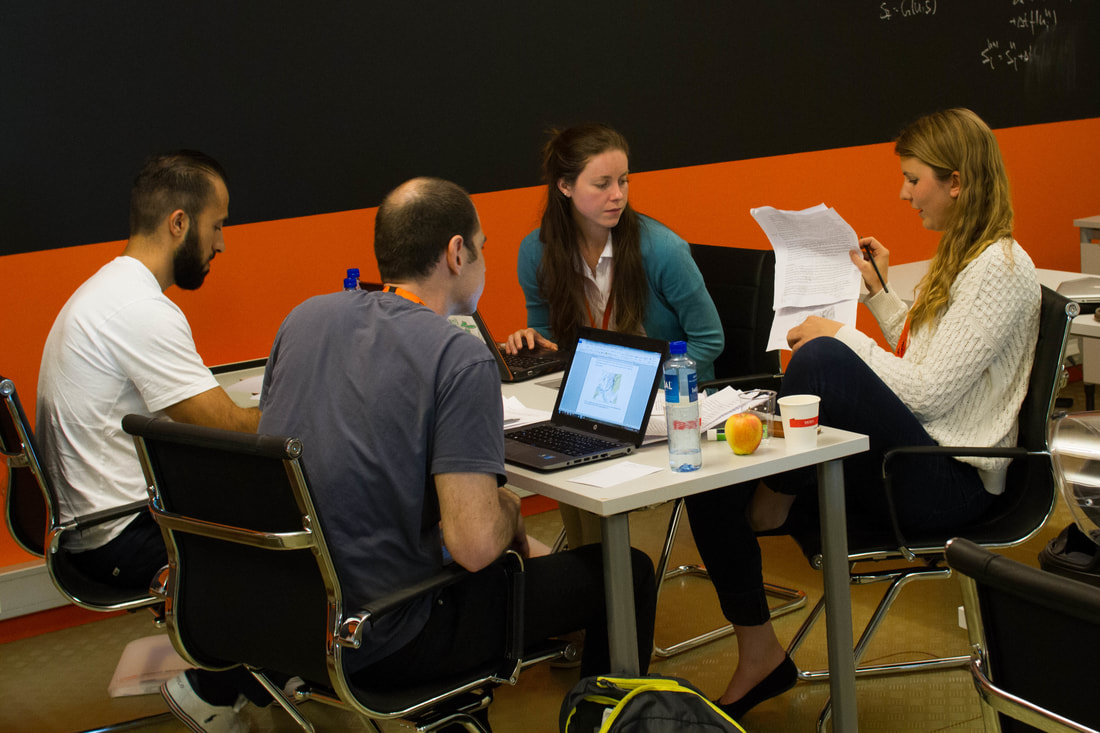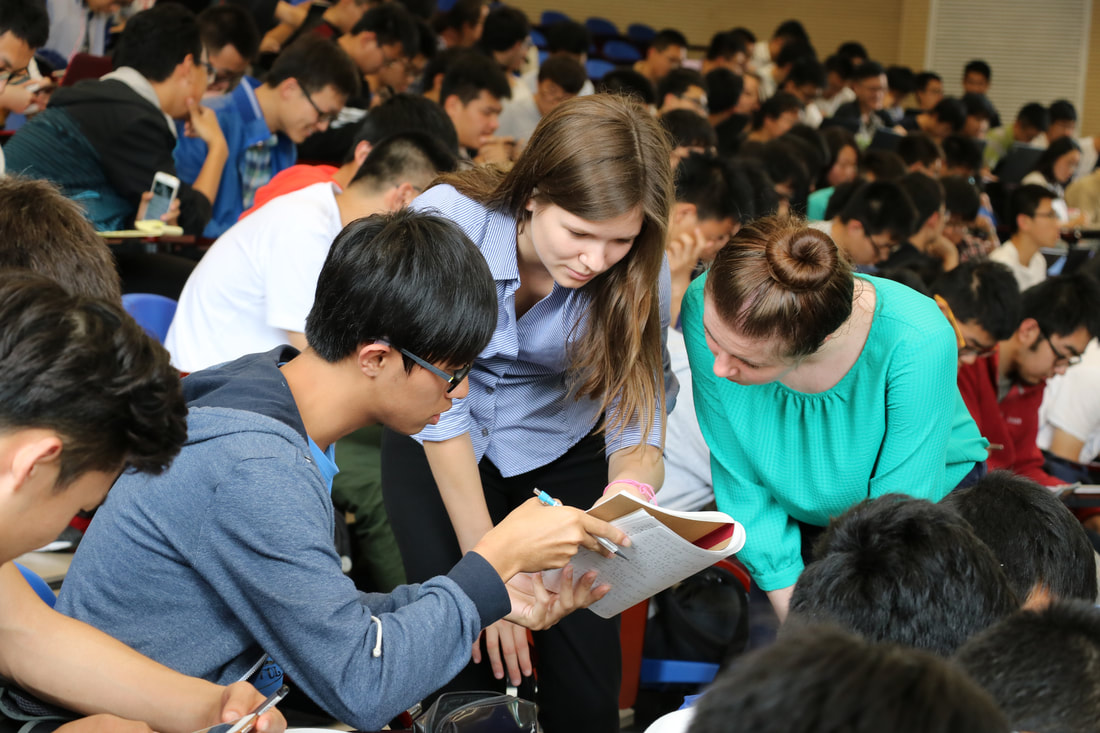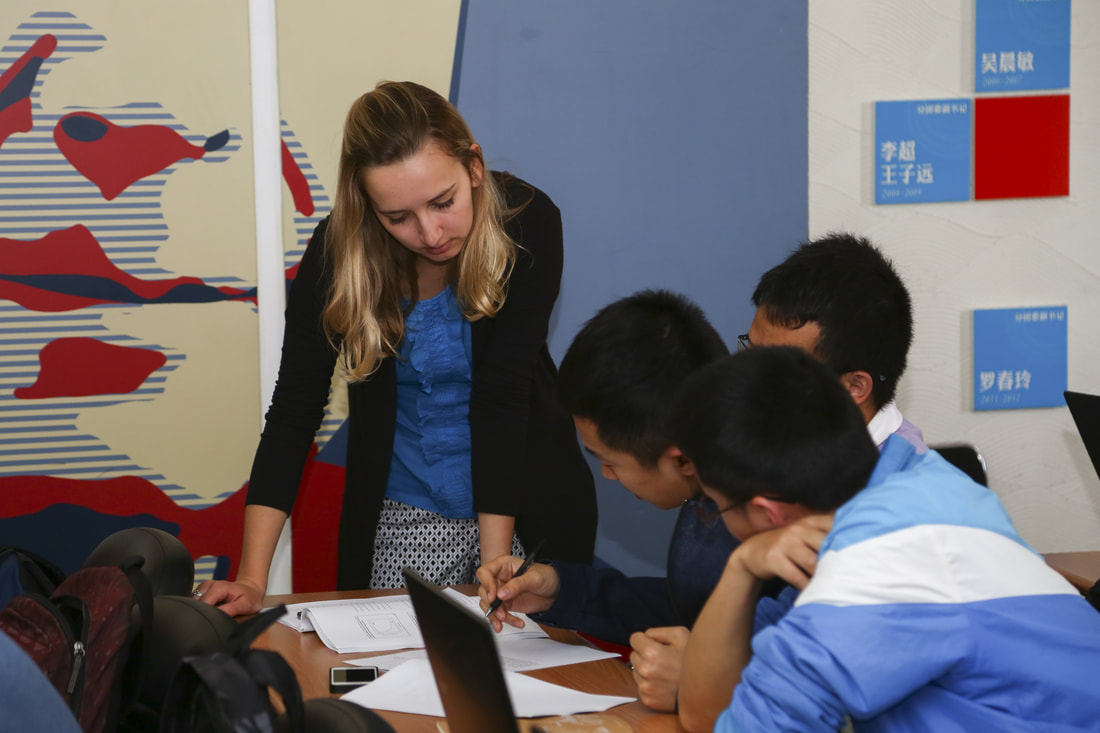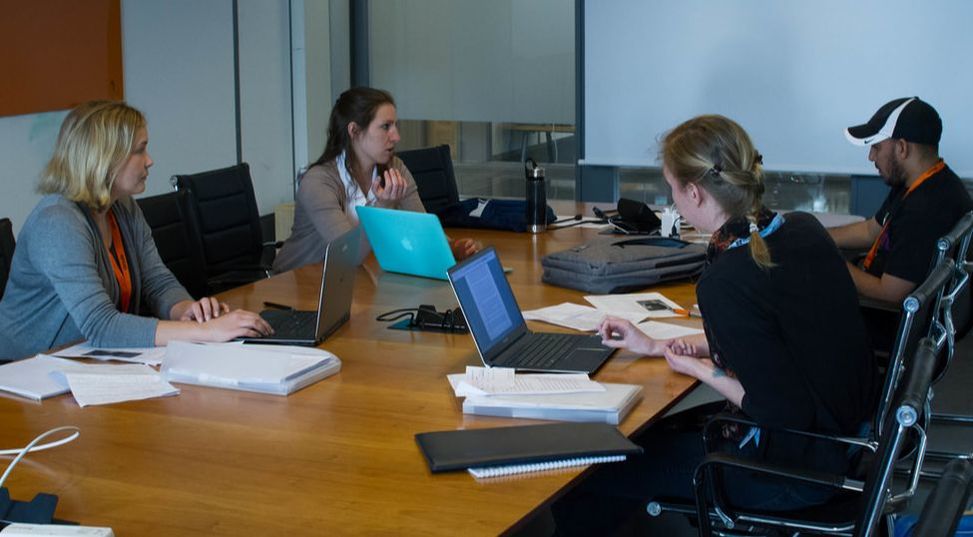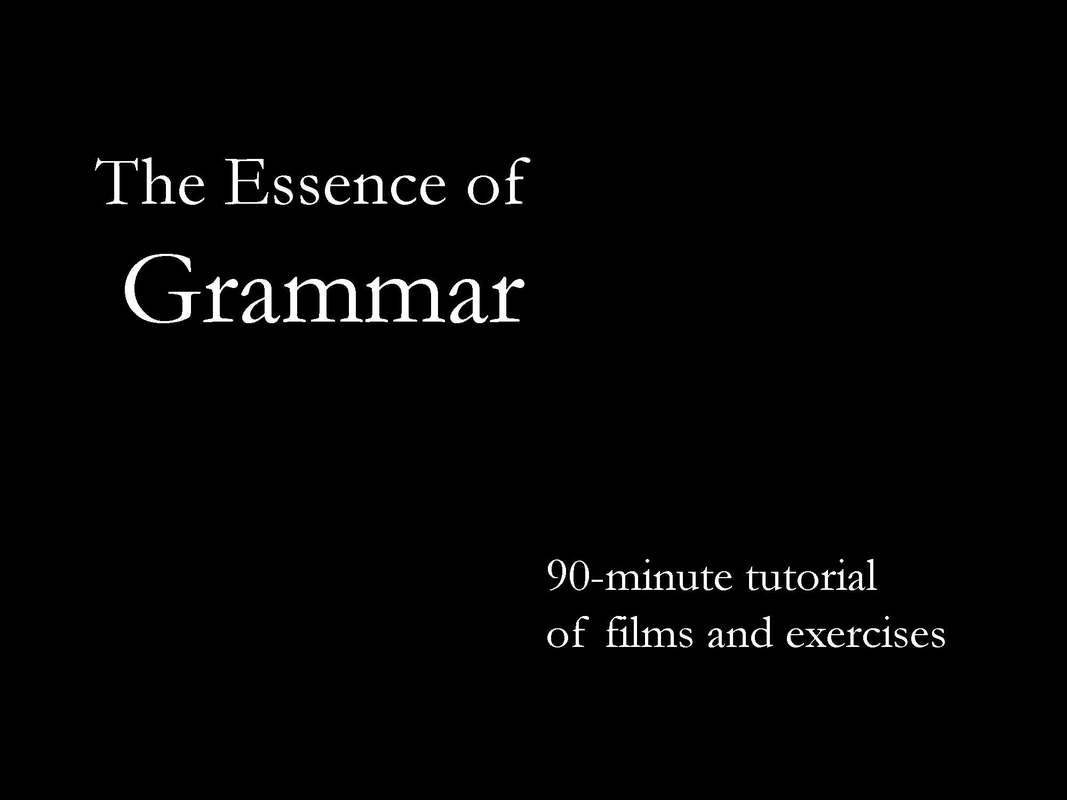Rethinking the Way We Teach Writing
to Engineering Students
Michael Alley
January 2019
January 2019
|
As shown in Figure 1, a survey from the American Society of Mechanical Engineers reveals that 75 percent of early-career mechanical engineers see their writing education as "sufficient or strong." Similarly, 65 percent of department heads in mechanical engineering assess the writing instruction in their programs in that same grouping [1]. However, when engineering supervisors are asked to assess the preparation skills for writing that early-career mechanical engineers have received, 52 percent pf those supervisors see the skills as weak. Why is there such a discrepancy on this skill, especially when these supervisors assess the level of many other skills of the early career engineers as about the same level (or even higher) as the early career engineers or department heads do?
One reason appears to lie in the way that we teach writing to engineering students. In the United States, most engineering departments send their students to standalone courses in technical writing taught by English Departments. Typically taught in class sizes of 20 to 30, these courses have two inherent weaknesses. First, the students usually select not only the choice of content to write about but also the scope of that content. For that reason, students select content with which they feel comfortable. This situation is quite different from what the students experience as professionals. The second weakness is that because the instructors do not have expertise in that content area, the instructors do not assess the precision of the content. This article presents a new approach to teach writing to engineering (or science) students. In this new approach, the course more closely resembles the situation of a company or laboratory. 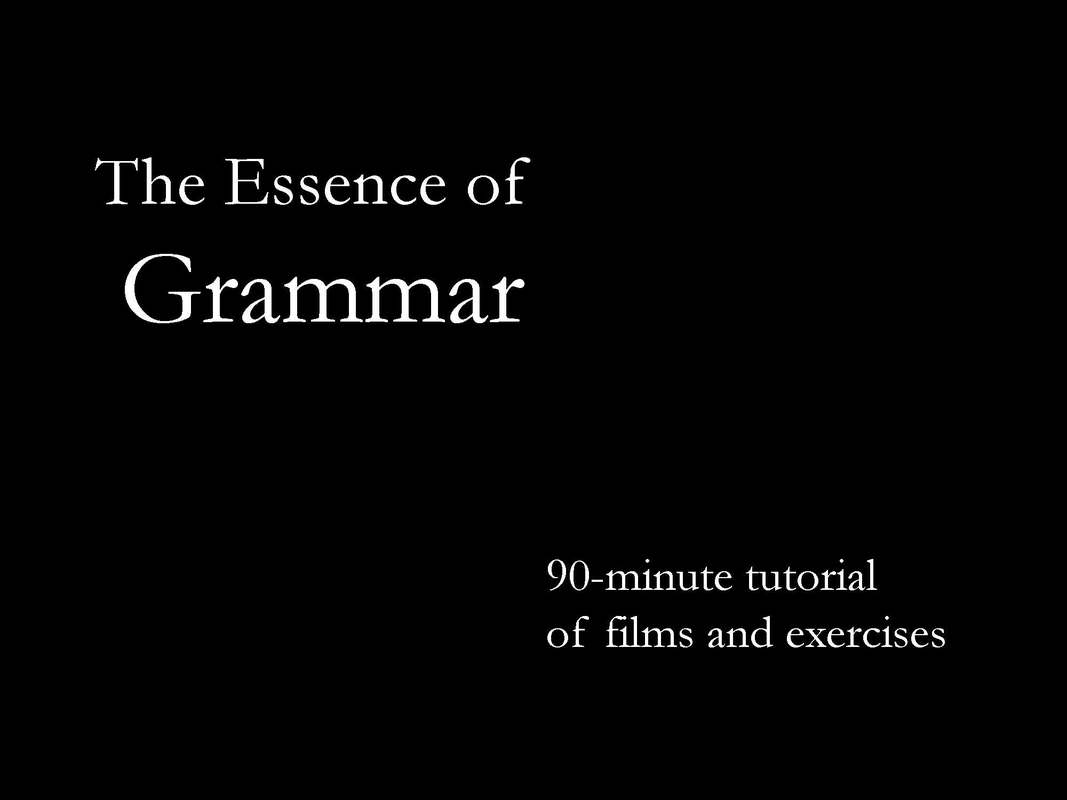
|
Figure 1. Assessment of the preparation that early-career mechanical engineers receive for communication skills by industry supervisors, department heads, and the early-career engineers themselves. Shown in the bottom left are the numbers (N) surveyed for each group.
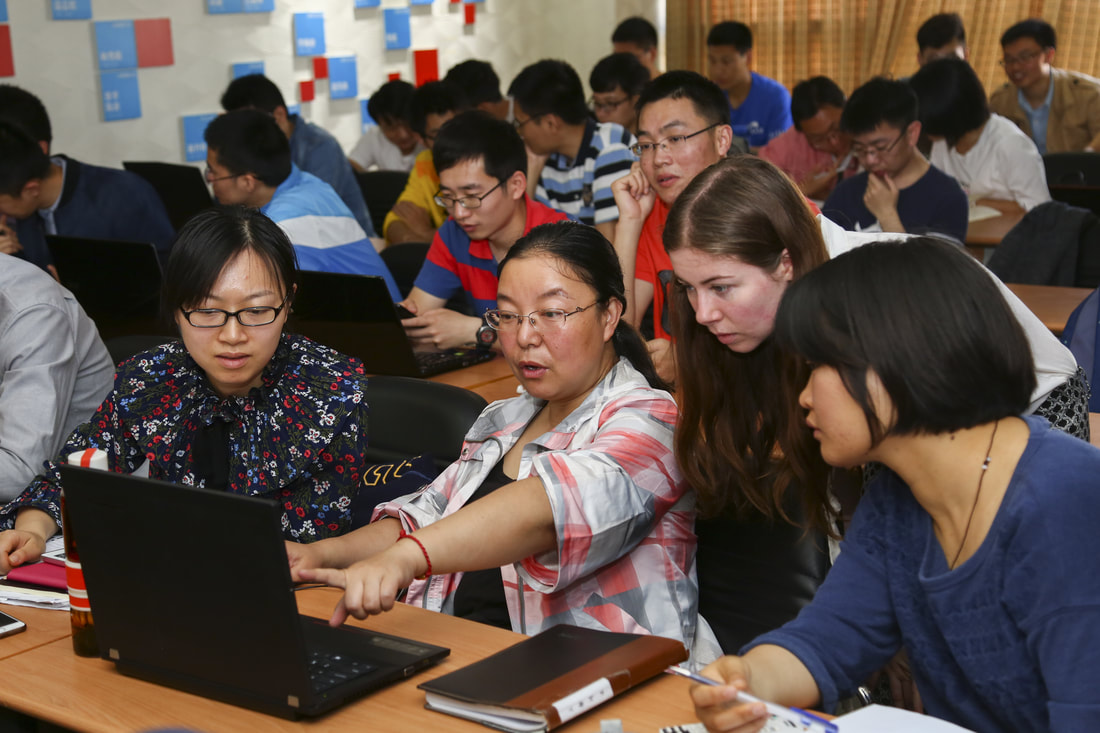
Our course teaches
References
Michael Alley is an associate teaching professor in the College of Engineering at Pennsylvania State University. The author of The Craft of Scientific (Springer, 2018), he has taught writing courses and workshops to engineers and scientists at more than 100 universities, laboratories, agencies, and companies in sixteen countries spanning four continents. The images shown arise from writing workshops that he has taught. |
